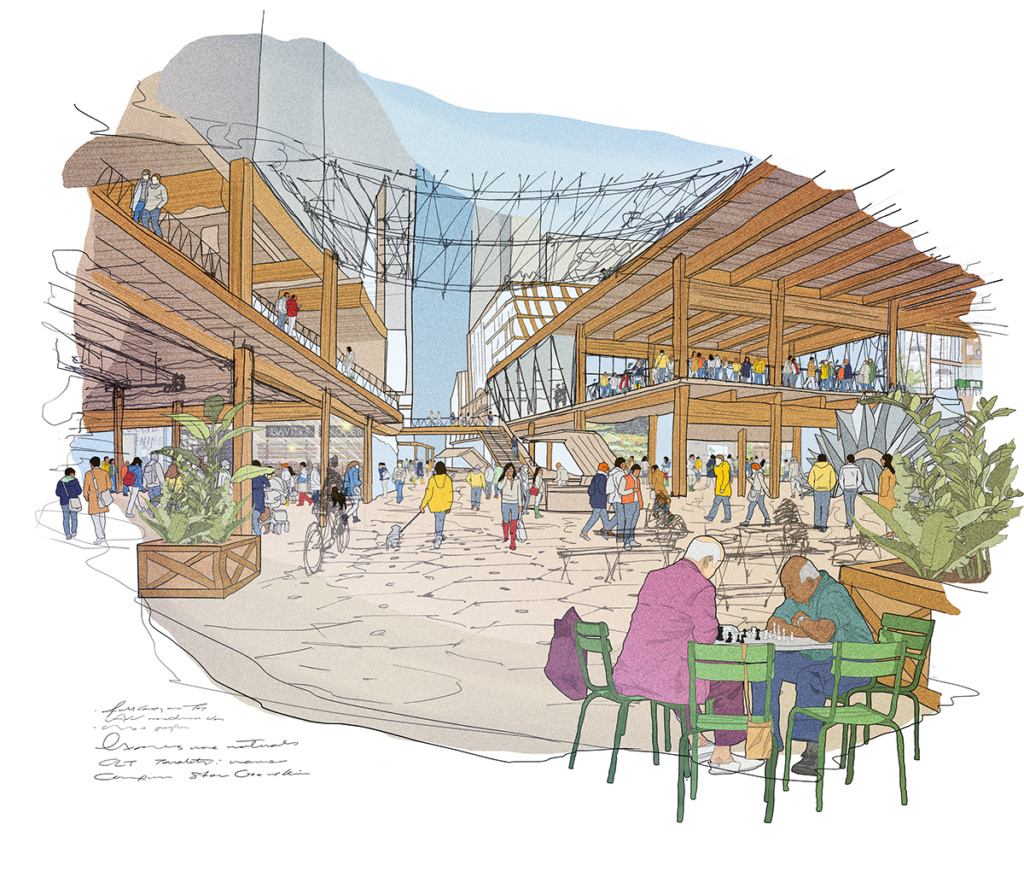
Concerns about data privacy continue to dog the “smart city” planned for the Toronto waterfront by Google’s sister company Sidewalk Labs. But it isn’t just residents and watchdog groups raising the alarm—consultants and advisors to the project are also jumping ship. The latest to leave is Dr. Ann Cavoukian, a privacy expert whose resignation was intended as a “strong statement” about the project’s data protection issues.
Announced last year, Quayside, as the neighborhood development is called, has from the beginning been envisioned as a district run on data and tech, and is the largest urban development of its kind in North America. A layer of sensors embedded in the city would control traffic systems, monitor air pollution, automate garbage collection, transport residents, and much more. In response to concerns about how it would protect the data, Sidewalk Labs just last week proposed that it should be managed by an independent data trust, according to a new data governance proposal.
But this is far from enough for privacy experts like Cavoukian. “I imagined us creating a Smart City of Privacy, as opposed to a Smart City of Surveillance,” she wrote in her resignation letter. Cavoukian’s guidelines center around Privacy by Design principles, which incorporate privacy protection in every step of a project’s engineering process, a condition that she said Sidewalk Labs had also committed to.
However, Cavoukian said she realized last week that the data gathered in Quayside, instead of being wiped and unidentifiable, would be available to third parties who would not be beholden to the privacy commitment made by Sidewalk Labs. The Alphabet company, for its part, released a statement that essentially said its hands were tied: “It became clear that Sidewalk Labs would play a more limited role in near-term discussions about a data governance framework at Quayside.”
With Cavoukian’s resignation, she joins Saadia Muzaffar, founder of Tech Girls Canada, who stepped down earlier this month from the project’s digital strategy advisory panel due to what she called a lack of transparency and public information about its data protection measures. As Muzaffar wrote in her own letter of resignation: “The most recent roundtable in August displayed a blatant disregard for resident concerns about data and digital infrastructure. Time was spent instead talking about buildings made out of wood and the width of one-way streets, things no one has contested or expressed material concern for in this entire process.”
The final plan for the tech-driven district will be released next year.
